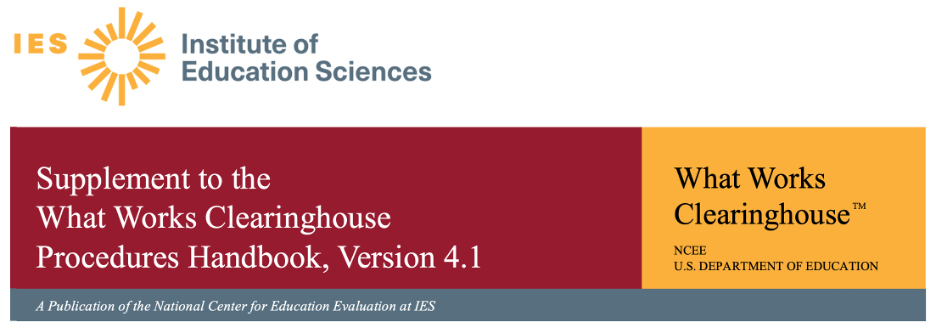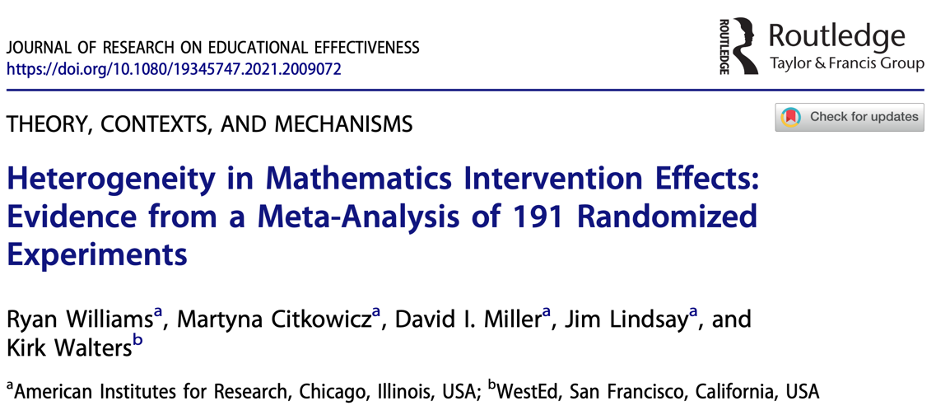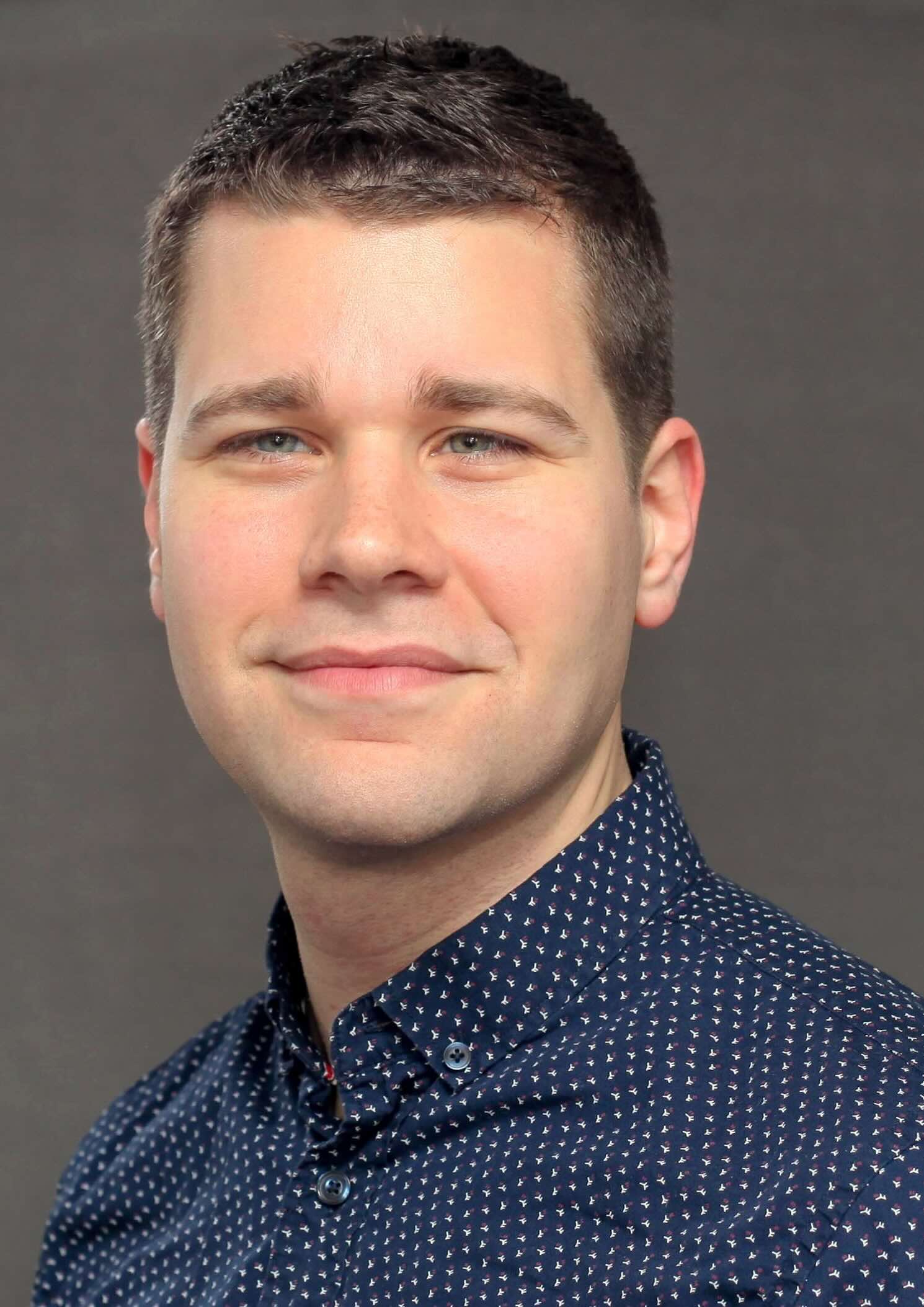
I'm a senior researcher at the American Institutes for Research (AIR), a non-profit social science research organization, studying gender diversity and broadening participation in science, technology, engineering, and mathematics (STEM) fields.
My research builds bridges across diverse perspectives—including education sciences, developmental psychology, quantitative methodology, social psychology, and sociology—to explain complex phenomena and address pressing issues in STEM education.
While investigating content-focused research questions, I also advance methodological innovation by drawing upon my prior training in physics, data science, and quantitative methods.
Education
Ph.D., Psychology, Northwestern University, 2018
- Dissertation committee: David Uttal, Alice Eagly, Larry Hedges
B.S., Physics, Harvey Mudd College, 2010
- Graduated with High Distinction; Dean’s List (2006–2010); Departmental Honors Physics
More About My Current Research
Listen to this 1-minute NPR spot on my new meta-analysis in Psychological Bulletin:
I lead a programmatic line of meta-analytic research funded by the U.S. National Science Foundation (NSF), including synthesis projects on children’s gender stereotypes about academic abilities, undergraduates’ motivation and retention in STEM, gender biases in higher education and workforce contexts, and using artificial intelligence to accelerate research synthesis.
My focus on research synthesis drives me to think about the big picture needs of STEM education, ranging from early childhood to higher education and workforce development. These syntheses aim to inspire new lines of primary data collection, while also informing long-standing debates and advancing innovation in research synthesis methodology.
Academic and Research History
My passion for STEM education research started as a physics major at Harvey Mudd College, wanting to better understand how students learn scientific concepts and come to identify as scientists. I worked with cognitive psychologist Diane Halpern for my thesis project on using spatial training to improve long-term outcomes for STEM undergraduates. In my current work, I continue to use the robust mathematical and computer programming background that I first developed as an undergraduate. (See this essay for more.)
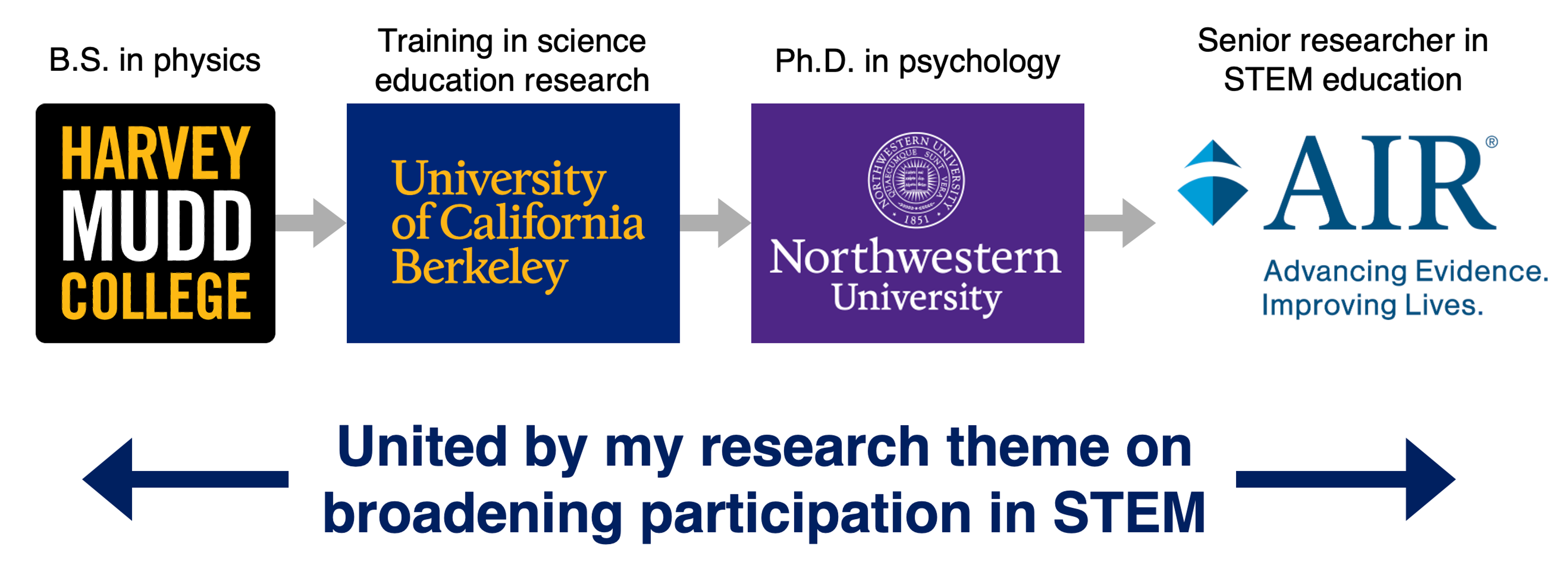
After earning my B.S. in physics, I spent two years as a graduate student working with science education researcher Marcia Linn at the University of California at Berkeley’s Technology Enhanced Learning in Science (TELS) Center, before moving to Northwestern University to earn my Ph.D. in psychology. At Northwestern, I conducted my dissertation on characterizing transitions into and out of STEM, while working with developmental psychologist David Uttal and social psychologist Alice Eagly. During graduate school, I was an NSF Graduate Research Fellow, which gave me additional freedom to craft my own research agenda early in my doctoral training.
Leading academic journals such as Child Development, Journal of Educational Psychology, Journal of Research on Educational Effectiveness, Psychological Bulletin, and Trends in Cognitive Sciences have published my research, which has been cited nearly 5,000 times (h index = 16). My research on STEM gender diversity spans 15 years, starting with my published undergraduate research on gender differences in spatial skills.
Watch this Q&A about my prior Draw-A-Scientist meta-analysis in Child Development:
Representative Publications (click the images)
1. Example of understanding variation in STEM gender stereotypes and biases using large-scale data (see more examples here)
- Editor's Choice for the December 2024 issue of Psychological Bulletin (see here for open science practices, in addition to the study's media coverage such as by the National Science Foundation).
2. Example of advancing methodological innovation in education and psychology research syntheses (see more examples here)
- I was the lead author for this official, peer-reviewed WWC supplement about statistical formulas, while closely working with Ryan Williams and Larry Hedges (see here for more detail).
3. Example of improving STEM learning by contributing my research synthesis expertise (see more examples here)
- As the lead analyst and R coder, I applied my statistics and machine learning training to use random forests, meta-regression models, and multiple imputation to explore heterogeneity in math intervention effects.
Methodological Training and Contributions
I specialize in research synthesis, quantitative methods, and causal inference. I’m a co‑founder of AIR’s Methods of Synthesis and Integration Center (MOSAIC), which supports methods innovation across evidence synthesis projects at AIR. I’m an avid R programmer (see here for recent code examples) with more than 15 years of experience designing computer code for custom data analysis purposes, along with past experience in C, C++, HTML/CSS, JavaScript, Python, SPSS, and Stata.
Presently, I am co-PI on a NSF-funded project to transform the practice of research synthesis using artificial intelligence such as large language models (PI: Josh Polanin). To do so, we first aim to build new interdisciplinary partnerships (e.g., with leaders of two NSF-funded $20M AI Institutes). I am also the project director for an IES-funded methods project on the consequences of selective reporting bias in education research, including developing new methods to account for dependent effects (PI: Martyna Citkowicz).
My quantitative training started as an undergraduate physics major, taking classes in linear algebra, multivariable calculus, and computer programming, which I applied during three full-time summer internships (in astrophysics, high-energy particle physics, and condensed matter physics). During graduate school, I learned data science approaches such as random forests and neural networks as a 2014 fellow for University of Chicago’s Data Science for Social Good Summer Fellowship. I later applied these machine learning methods to a meta-analytic project on K-12 mathematics intervention effects.

At AIR, I have worked for more than five years on large federal contracts for the U.S. Department of Education’s What Work Clearinghouse (WWC), which synthesizes high-quality causal evidence of educational interventions. I have directly contributed to methodological innovations in the WWC’s procedures and standards. For instance, I was the lead author of Version 5.0 changes to the WWC’s statistical formulas for effect sizes and standard errors (Appendix E in the 5.0 Handbook), while closely collaborating with methodologists Larry Hedges and Ryan Williams. I am also a trained study reviewer, with professional certifications in WWC Group Design Standards, Versions 4.1 and 5.0.
I also love to make R Shiny apps, like this one (click the image 👇):
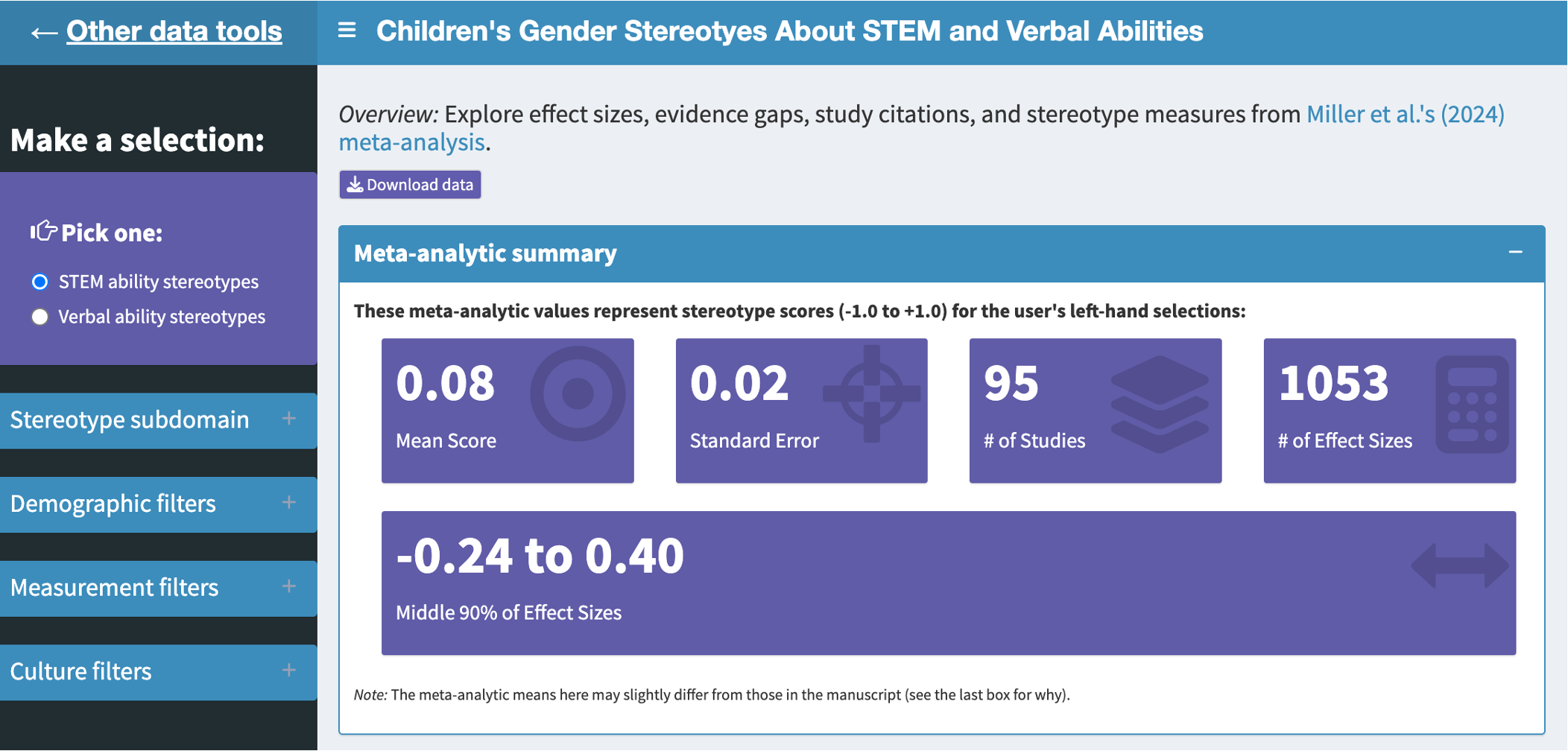
Disclaimer
This website and my social media posts solely represent my personal views, not those of my employer or any other organization I work with.
Contact me
Email: david.isaac.miller@gmail.com
Bluesky: davidimiller.bsky.social

